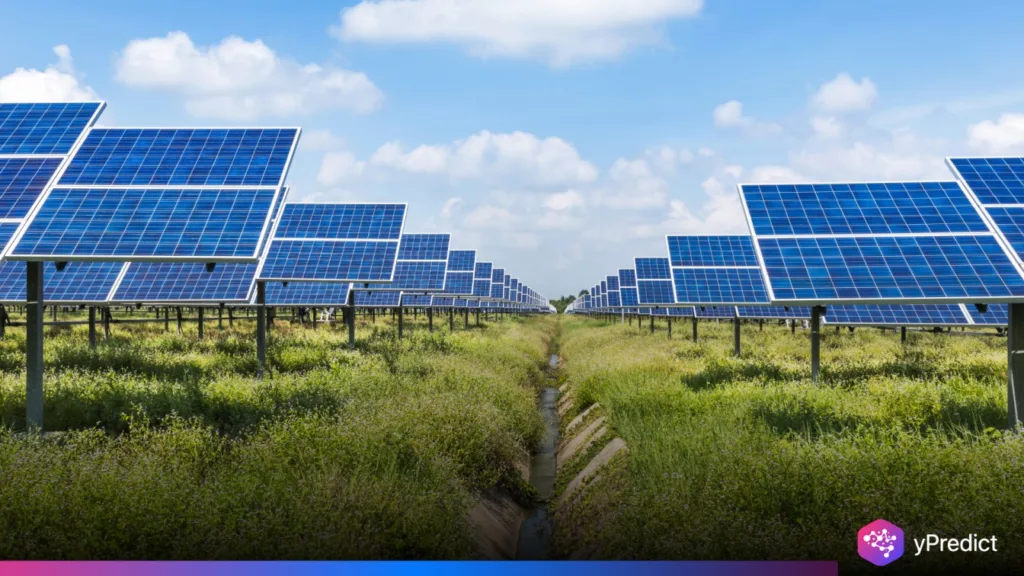
AppHarvest is showing the world what farming can become in today’s realities. Indoor agriculture isn’t the distant future any longer. It’s a growing necessity. Between climate change, drying water supplies, and rising demand, the squeeze is real. AppHarvest offers one clear solution — grow smarter, not just bigger. With breakthrough tech, sustainable power and precise methods, they’re revolutionizing food production. And the impact is striking. Their process uses 90% less water, is solar powered and uses AI to minimize waste. This ain’t your olde skool farming. That’s farming designed for tomorrow. But can others follow their lead fast enough?
Rethinking Food Security with Technology
Food systems are under stress. Farms must provide more with less. That’s where AppHarvest steps in. Their indoor farms shows how this controlled environment changes the equation. Instead of relying on rain or capricious seasons, they’ve designed a machine with precision at its core. Imagine farming where water isn’t wasted. According to a new study, managed systems save as much as 90 percent of the water. That delta might be the difference between life and death in drought-ridden areas. Their AI systems do more than grow crops—they scan for diseases and adjust environments instantly.
It was as if plants had their own doctor and nurse. And with solar, energy needs don’t drain the earth drier. Old school farms can’t necessarily guarantee this TYPE of consistency. But AppHarvest is making a blueprint the others can personalize. Food demand keeps climbing. Populations keep growing. Climate change isn’t waiting. The solution? Smarter systems built to scale. By showing what’s possible, AppHarvest wonders if conventional agriculture can keep up–or if thriving means moving indoors. Farmers worldwide are now watching closely.
Sustainability at the Core of Farming
Productivity matters, but what sticks is sustainability. AppHarvest treats both as inseparable. And their focus isn’t simply on feeding people, its on conserving resources. Soil, water, and energy – are all limited. Indoor methods ease the strain. Consider, what will happen to areas like Bermuda that suffer from space and water shortages. With controlled farming, we can bring produce to places it never thrived. AppHarvest has melded tradition with technology. They prioritize soil biology and solar power and ecological well-being. The balance is key. A UN report confirms that agriculture must adapt this way—combining indigenous practices with digital tools.
Farmers gain resilience, communities gain security, and land regains health. And thanks to AI, AppHarvest reduces expenses AND aids employees to prioritize skilled work. Machines don’t replace humans, but they assist them. More food gets made, with fewer errors. Solar ties it all together, to keep systems strong and clean. If sustainability is the future, AppHarvest is writing the book, one page at a time. Farming that Nourishes Today must Defend Tomorrow, too. They don’t simply need crops that grow–they need methods that endure. And that’s where this model takes the lead.
Building Resilient Farming for Tomorrow
AppHarvest reminds us that food security is rationing wise decisions today. Agriculture can’t ignore climate change and shrinking resources any more. Indoor models do offer a way forward. They protect water, cut emissions, and ensure dependable harvests. AI makes farming precise, solar brings cost down long term. These decisions create cultures to last–not just today, but a lifetime. The question isn’t if this change should happen. it’s how quickly everyone else gets on board AppHarvest isn’t guaranteeing wonders. It’s showing a roadmap. And maybe, farming’s future is a lot like theirs.






